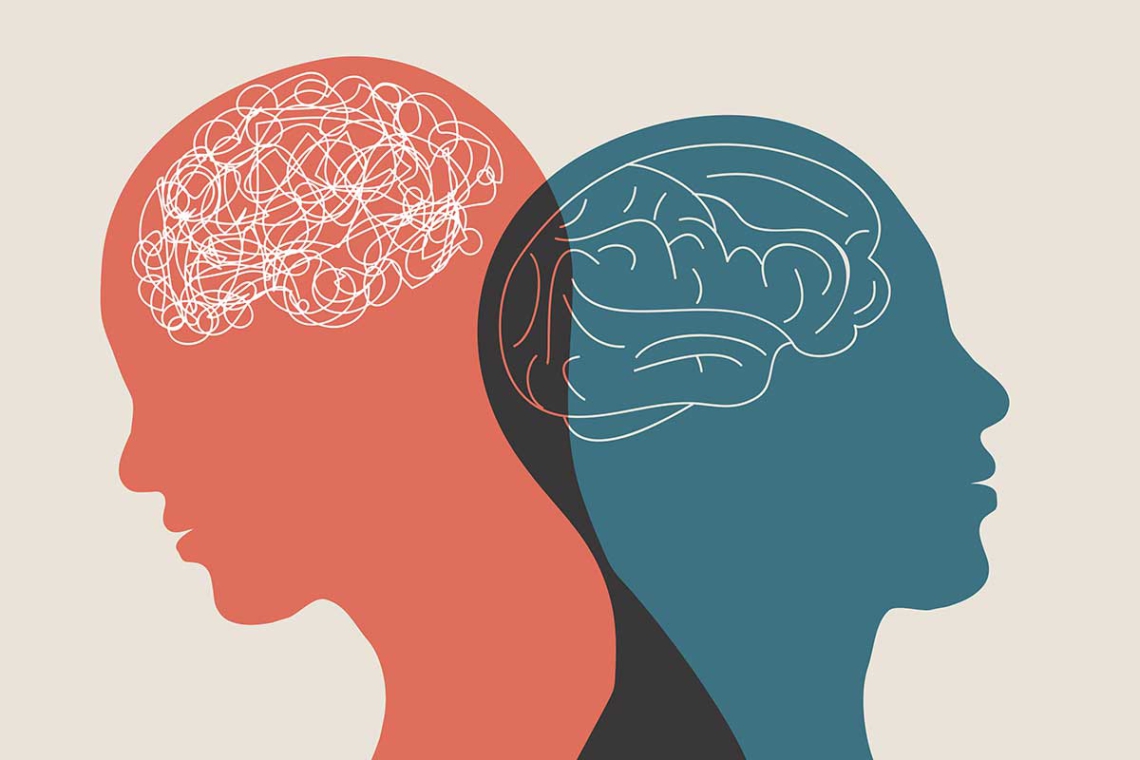The Key to Glowing Skin: Why Vitamin C Serums Should Be in Your Routine
- January 8, 2026
- Health
Introduction: Bright Skin Is Not an Accident
If you think that glowing skin is a matter of… Read More

Dual diagnosis refers to someone who has both a substance use disorder and a co-occurring mental health disorder, and a Byron Bay mental health retreat can provide the support needed for recovery. Receiving proper treatment that addresses both disorders together leads to better outcomes for the patient. Here is an overview of dual diagnosis and how treatment can help those struggling with addiction and mental illness.
It’s estimated that over half of people struggling with addiction also have a mental health disorder. Some common co-occurring disorders include anxiety, depression, bipolar disorder, and schizophrenia. Mental health conditions can contribute to substance abuse, and chronic drug or alcohol use can then exacerbate mental health symptoms.
When someone has a dual diagnosis, treating just one condition while ignoring the other will be ineffective. The disorders feed into each other. Integrated treatment that targets both the addiction and mental illness together has been shown to produce better results.
Successful dual diagnosis programs rely on a team approach with collaboration between mental health professionals, addiction specialists, and other providers. Treatment components may include:
Additional therapies such as art therapy, music therapy, equine therapy, and adventure therapy can also be incorporated into treatment to help patients express themselves in a healthy way. Holistic treatments like yoga, meditation, acupuncture, and nutritional counseling may also complement traditional treatment methods. Dual diagnosis programs can be customized with various therapies based on each patient’s needs and preferences.
Research shows integrated treatment leads to lower substance use rates, improved mental health, increased treatment retention, and reduced hospitalizations. By addressing both disorders at the same time, patients are given the tools to manage symptoms and maintain sobriety over the long term. With proper treatment, those with a dual diagnosis can go on to live fulfilling, stable lives in recovery. The integrated approach has proven more effective than treating just one disorder independently from the other.
If you or someone you love struggles with addiction and mental illness, specialized dual diagnosis treatment can help pave the path to healing.